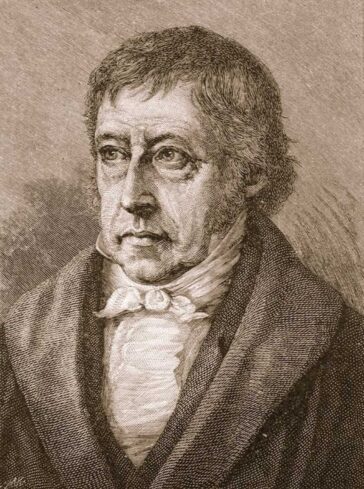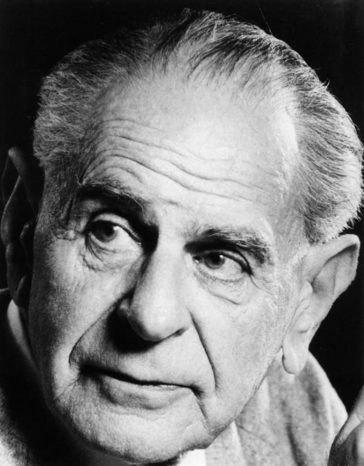Philosophy of the 14th century – Duns Scotus (1)
(Duns Scotus) The first symptom of this disintegration is found in the movement of ideas inaugurated by Duns Scotus, the subtle doctor. He had a very short career: born in Scotland around 1265, he studied the “arts” and theology at … Read More









